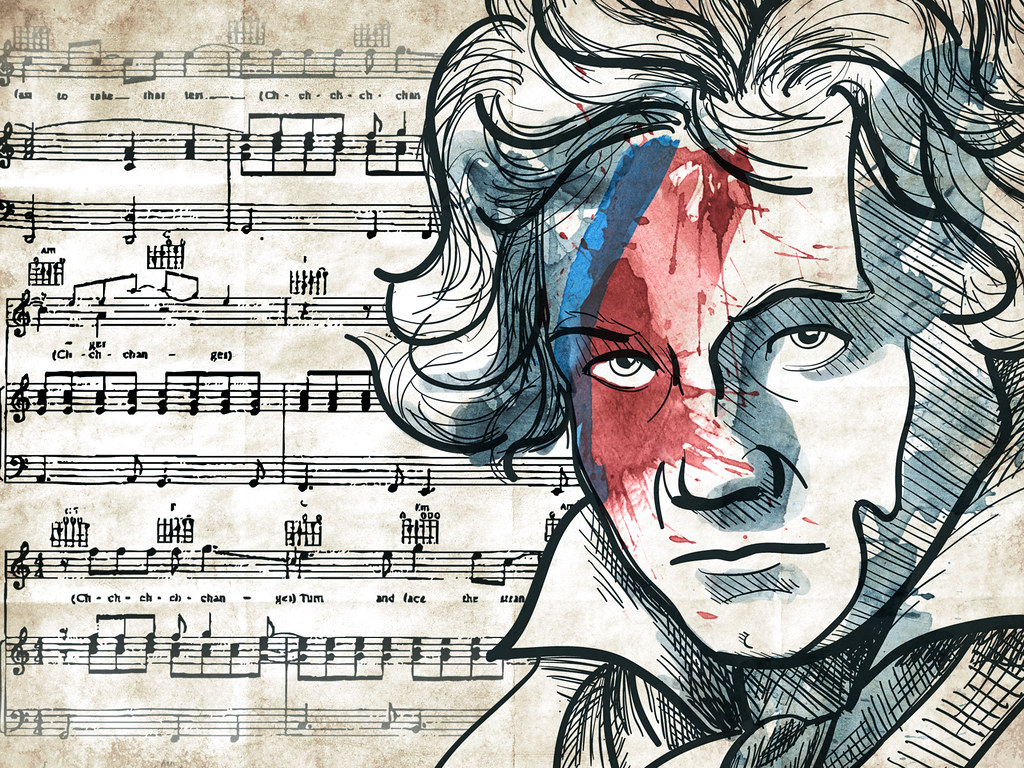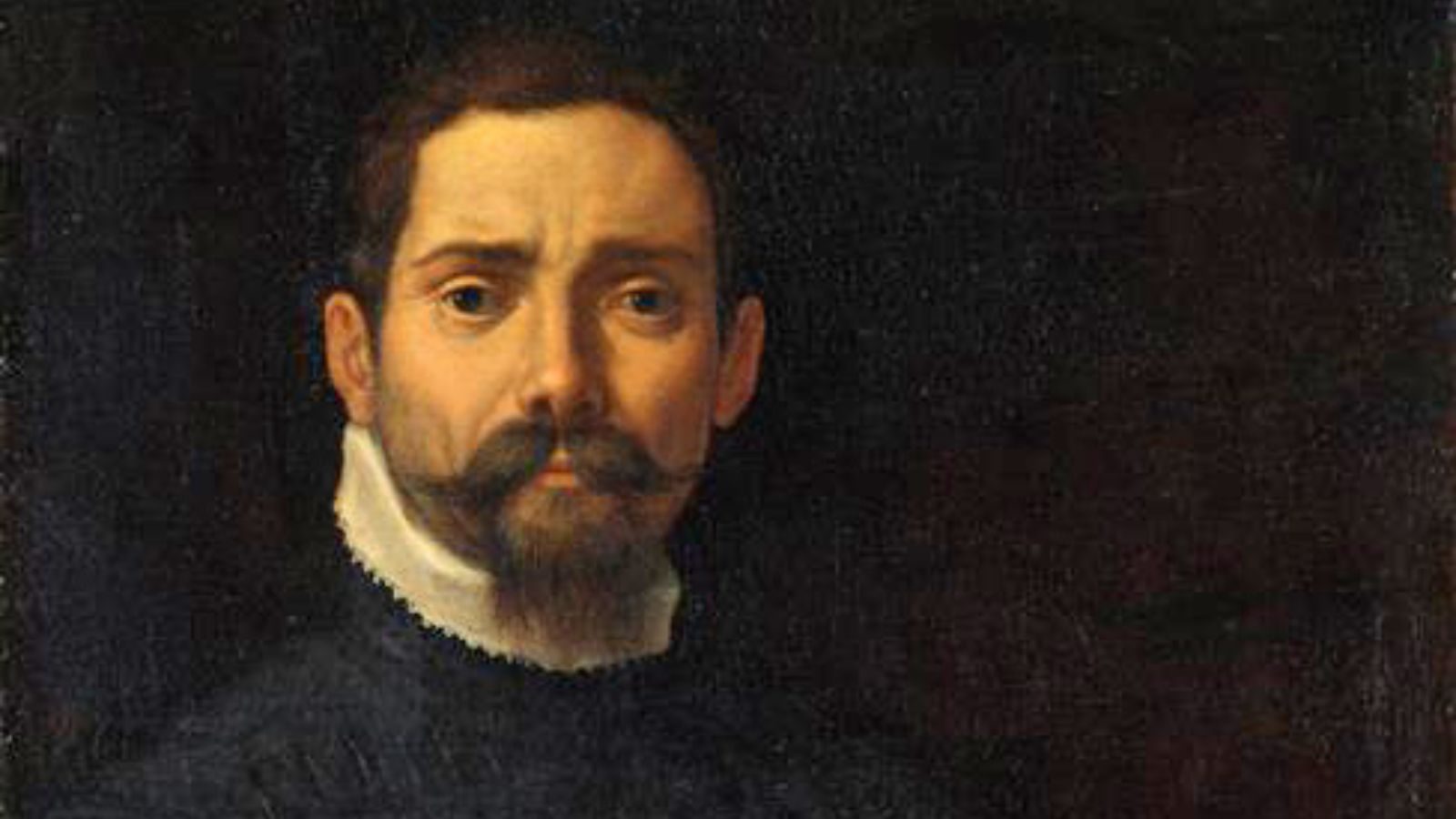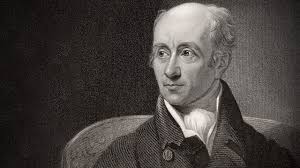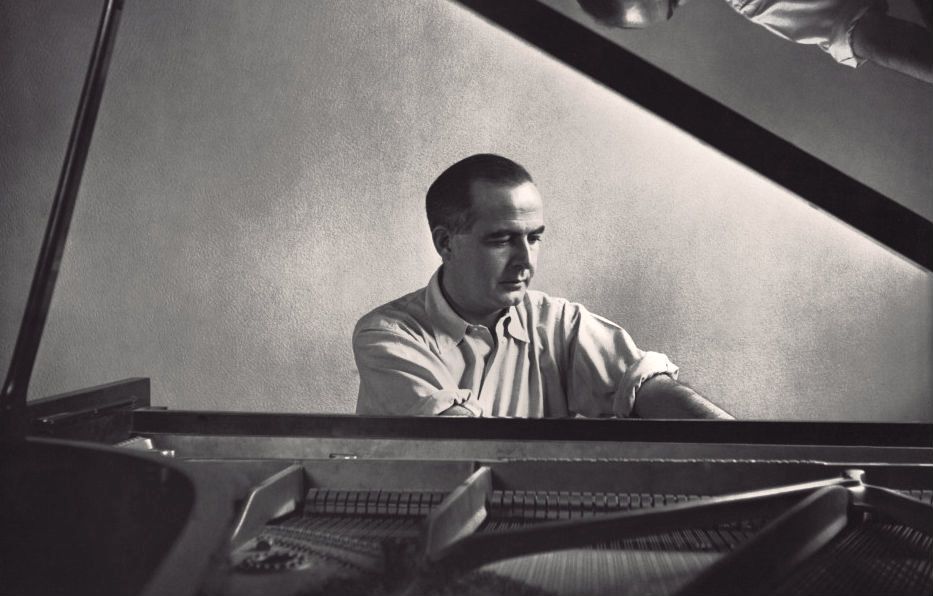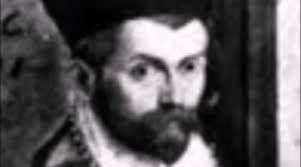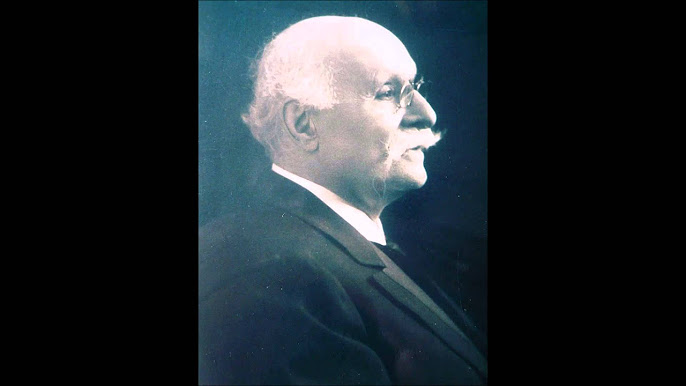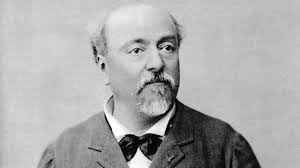Ludwig van Beethoven, one of the most influential figures in the history of classical music, was born in Bonn, Germany, on December 17, 1770. His exact date of birth remains a subject of debate, but his baptismal record confirms this date. Beethoven's early life was marked by adversity, as he was born into a family of limited means. His father, Johann van Beethoven, was a court musician in Bonn, and he recognized his son's musical talent at an early age.
Beethoven received his first music lessons from his father, who hoped to mold him into a child prodigy like Mozart. However, Beethoven's childhood was far from idyllic. His father was a harsh and often abusive teacher, subjecting him to intense practice sessions and discipline. Despite this, Beethoven's talent continued to blossom, and by the age of 12, he was earning money as a keyboard virtuoso and improviser.
Giovanni Gabrieli was a pivotal figure in the development of Renaissance music, particularly in the realm of polychoral compositions. Here are 10 fascinating facts about this influential composer:
1 - Birth and Early Life: Giovanni Gabrieli was born in Venice around 1554 or 1557, likely into a musical family. His uncle, Andrea Gabrieli, was a renowned composer and organist.
Giovanni Gabrieli, a luminary of the late Renaissance, was born around 1554 in Venice, Italy. Renowned for his contributions to Venetian polychoral and instrumental music, Gabrieli's compositions exemplify the grandeur and innovation of the Venetian School.
As a young musician, Giovanni Gabrieli received his early training from his uncle, the celebrated composer Andrea Gabrieli. Under his guidance, Giovanni developed a profound understanding of music theory and composition. He later honed his skills as an organist and composer, securing positions at prestigious institutions such as St. Mark's Basilica in Venice.
Muzio Clementi, an Italian composer, pianist, and conductor, left an indelible mark on the classical music landscape of the late 18th and early 19th centuries. Born on January 23, 1752, in Rome, Clementi's musical talents emerged at an early age. His father recognized his son's aptitude and ensured he received quality musical education, leading him to study under several renowned composers and musicians in Italy.
Clementi's proficiency on the keyboard quickly became evident, and by his teenage years, he was renowned as a virtuoso pianist. At the age of just fourteen, he attracted the attention of Sir Peter Beckford, a wealthy Englishman, who became his patron and facilitated his move to England. This marked the beginning of Clementi's international career.
Muzio Clementi, an Italian composer, pianist, conductor, and music publisher, left an indelible mark on the landscape of classical music during the late 18th and early 19th centuries. Born on January 23, 1752, in Rome, Clementi displayed extraordinary musical talent from a young age. Recognizing his potential, his father, a silversmith, enrolled him in music lessons.
At the age of 14, Clementi caught the attention of English visitors to Rome, who were impressed by his virtuosic piano playing. They persuaded his father to allow him to accompany them to England, where he would further his musical education. This decision proved pivotal in Clementi's career, as it led to numerous opportunities and successes.
Émile Waldteufel was a prominent figure in the world of classical music, renowned for his enchanting waltzes and polkas that graced the ballrooms of 19th-century Paris. Born on December 9, 1837, in Strasbourg, France, Waldteufel was surrounded by music from an early age. His father, Louis Waldteufel, was a musician and bandleader, imparting musical wisdom to his son and nurturing his burgeoning talent.
Émile Waldteufel's musical journey truly began when he enrolled at the Paris Conservatoire at the age of 15. Under the tutelage of esteemed composers such as Jules Massenet and Charles Gounod, Waldteufel honed his skills as a pianist and composer. His exceptional talent and dedication quickly earned him recognition, and he won several prestigious awards during his time at the Conservatoire.
Emmanuel Chabrier was a French composer known for his lively and colorful music that often captured the essence of French culture and spirit. Here are 10 interesting facts about this influential figure:
1 - Early Life: Born on January 18, 1841, in Ambert, France, Chabrier showed musical talent from a young age. Despite his interest in music, he initially pursued a career in law before devoting himself entirely to composition.
